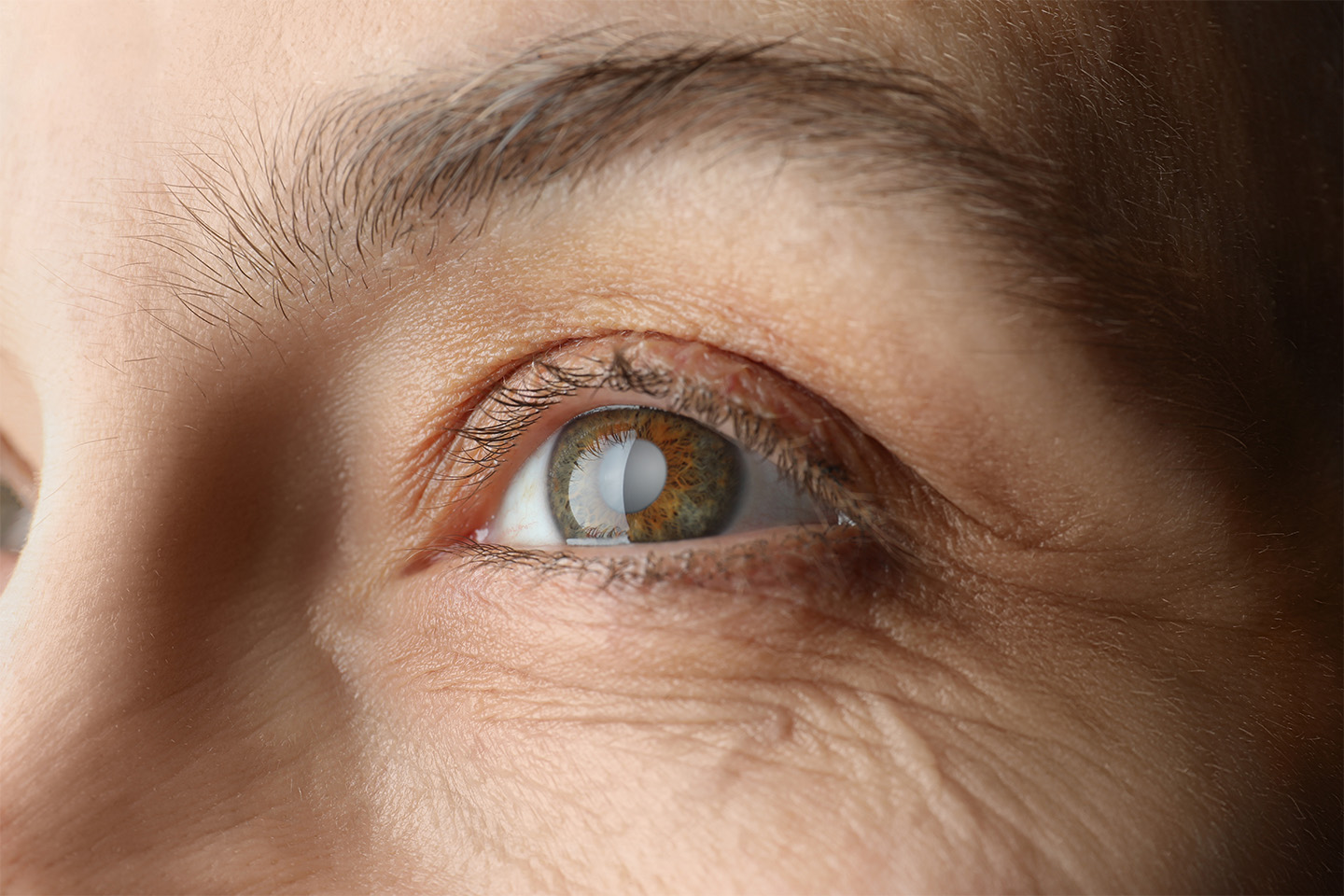Coping with Uveitis — Symptoms and Treatment Options

Uveitis is a rare but serious condition that occurs in the middle layer of the eye’s surface. We’ll help you identify the symptoms and find the most appropriate treatment for your condition.
Uveitis, sometimes called chorioretinitis, is an inflammation of the uvea — the middle layer of the eye that houses the iris, choroid, and ciliary body, as well as many of the eye’s blood vessels. Though quite rare, it can greatly damage the retina, optic nerve, and other essential structures, causing permanent vision loss if it isn’t promptly treated. We’ll tell you everything you need to know about this dangerous condition so that you can spot the symptoms as quickly as possible and begin an appropriate course of treatment.
Causes and Symptoms
Uveitis can be classified by the region of the uvea affected by it. Anterior uveitis, for example, results in swelling near the front of the eye, while posterior uveitis causes swelling near the back of the eye. In the most severe cases, all three layers of the uvea may be inflamed.
Uveitis has a wide array of causes, including bacterial and viral infections, trauma, and autoimmune disorders. Its symptoms largely depend on which part of the eye is affected, but they commonly include:
- Redness of the eye
- Pain and discomfort in the affected area
- Sensitivity to light
- Blurred vision
- Dark, moving spots in the vision, known as “floaters”
These symptoms can last for as little as several weeks to as long as several years. Since many of them are also characteristic of conjunctivitis (or pink eye), some patients initially mistake uveitis for this much more common — and less serious — infection. Pink eye, however, occur on the outer surface of the eye, and requires different treatment.
Treatment
If you think you might be suffering from uveitis, you should contact an eye care professional immediately. Since uveitis can cause permanent damage to the eye and loss of vision, it needs to be diagnosed as soon as possible to ensure successful treatment.
The most common treatment for uveitis is centered around the regular application of various eye drops, including dilating drops that allow the iris to rest and heal and steroidal eye drops that ease the inflammation and prevent complications. If the uveitis is caused by an infection, antibiotics or antiviral medication may be prescribed, as well. Uveitis caused by autoimmune disorders is commonly treated with immunosuppressive agents such as methotrexate, mycophenolate, azathioprine, and cyclosporine. Since severe uveitis can evolve into a chronic condition, be sure to follow up regularly with your eye care professional until the symptoms have completely subsided.
Concerned you might be at risk of suffering from uveitis? ICON Eyecare’s own Dr. Ashley Sturdy is prepared to help. Specializing in the condition as a Fellow in Ocular Immunology and Uveitis at the Johns Hopkins School of Medicine, Dr. Sturdy has handled minor to severe cases with the utmost care and compassion. Call us today or visit us online to schedule a free consultation!
[DISPLAY_ULTIMATE_SOCIAL_ICONS]








